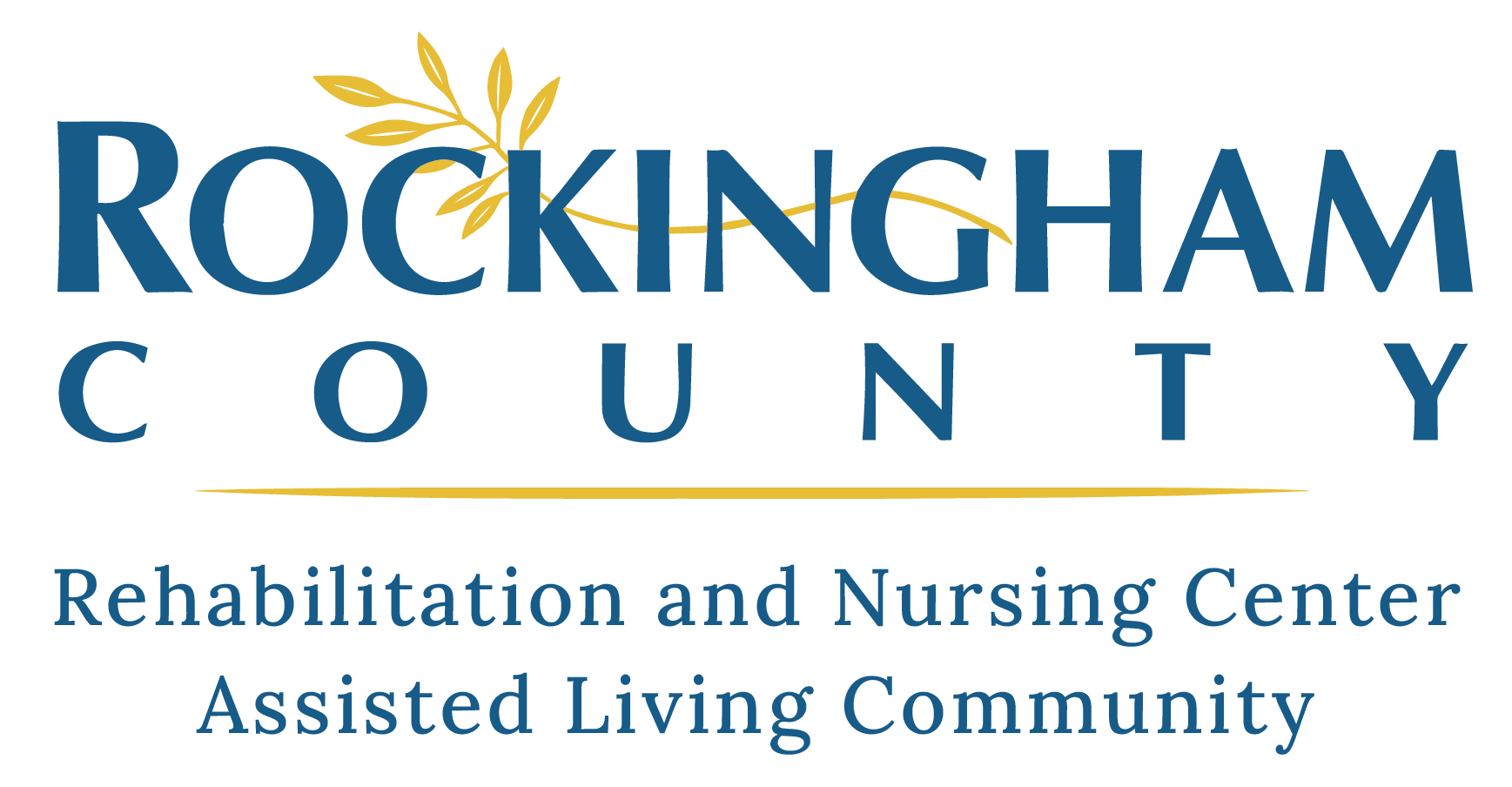What do you know about Advance Directives?
It’s not easy to think about a time when we might not be able to make our own decisions. But planning ahead for these circumstances can make all the difference for both ourselves and for our loved ones. Fortunately, there is a tool available called Advance Directives that can help us clearly express our wishes for medical care if we’re ever unable to speak for ourselves.
Advance Directives are legal documents that allow your friends and family to understand your wishes, make the best choices based on those wishes, and proceed with your best interest in mind. While having these conversations can be difficult, creating an Advance Directive is a critical aspect of planning for future care needs.
Do you have an Advance Directive?
Advance Directives only come into play when one or two medical professionals determine that you are no longer able to make decisions on your own. Until that time, you remain in charge of your care.
It’s a good idea to share your Advance Directive with:
-
Your healthcare agent or representative
-
Family members and close friends
-
Your primary care provider and specialists
-
Any healthcare facility where you receive treatment
Having these documents on file and making sure your close personal network knows where you keep them can save valuable time in an emergency.
Should I have an Advance Directive?
The short answer? It’s entirely up to you.
No healthcare provider or facility can require you to have an Advance Directive. This includes upon admission to a skilled nursing facility or assisted living. However, having one is a thoughtful and empowering way to take control of your future care.
It may be a good idea for an older adult to have an Advance Directive on file if they:
-
Are undergoing a major surgery or facing a new medical diagnosis
-
Have a chronic or progressive condition, such as heart failure, cancer, or dementia
-
Want to ease the burden of decision-making for family during a crisis
Types of Advance Directives:
There are several different types of Advance Directives. Understanding the following terms can help you decide which are right for you.
-
Durable Power of Attorney for Healthcare (DPOA):
This document names a trusted person to act as your healthcare agent — someone who can make medical decisions for you if you become unable to do so yourself. -
Living Will:
A Living Will spells out your wishes for life-sustaining treatment (like a feeding tube, ventilator, or resuscitation) if you’re facing a serious or terminal illness and cannot speak for yourself. -
DNR (Do Not Resuscitate) Order:
A DNR states that you do not want CPR if your heart stops or if you stop breathing. This is a medical order, typically completed with your physician. -
POLST (Physician Orders for Life-Sustaining Treatment):
While not an Advance Directive, the POLST complements one. It’s a medical order for individuals with serious health conditions that outlines specific treatment preferences. Learn more at www.polst.org/form.
Final Thoughts
Advance Directives aren’t just about end-of-life care — they’re about making your voice heard, even when you can’t speak for yourself. Taking the time now to plan and communicate your preferences can offer peace of mind for you and your loved ones.
If you’re ready to start the conversation or need help filling out your documents, reach out to your healthcare provider, social worker, or care team. We’re here to help.
For more information, visit www.rockinghamcountyseniorliving.com


